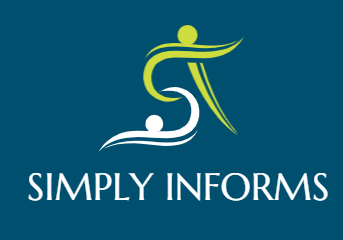Life Managemant
"Life management" generally refers to the process of organizing and optimizing various aspects of one's life to achieve personal and professional goals, enhance well-being, and maintain a balanced and fulfilling lifestyle. Here are some key areas and principles related to life management:
1. **Goal Setting:**
- Clearly define short-term and long-term goals in various aspects of life, such as career, personal development, health, relationships, and finance.
2. **Time Management:**
- Prioritize tasks and activities to make the most efficient use of your time. This includes setting deadlines, creating schedules, and avoiding procrastination.
3. **Financial Management:**
- Budgeting, saving, and investing wisely are essential for financial stability. Consider creating a financial plan that aligns with your short and long-term objectives.
4. **Health and Wellness:**
- Prioritize physical and mental health by maintaining a balanced diet, engaging in regular exercise, getting adequate sleep, and managing stress.
5. **Personal Development:**
- Continuously invest in your skills and knowledge. This can involve formal education, training, reading, or attending workshops to stay relevant and grow both personally and professionally.
6. **Relationships:**
- Cultivate and maintain meaningful relationships with family, friends, and colleagues. Effective communication and spending quality time with loved ones contribute to a fulfilling life.
7. **Self-Care:**
- Take time for self-care activities that bring you joy and relaxation. This could include hobbies, leisure activities, or simply downtime to recharge.
8. **Organization:**
- Keep your physical and digital spaces organized to reduce stress and increase efficiency. This includes decluttering your living and working spaces.
9. **Adaptability:**
- Be adaptable and open to change. Life is dynamic, and the ability to adjust to new circumstances is a valuable skill in life management.
10. **Reflect and Assess:**
- Regularly assess your progress toward your goals and make adjustments as needed. Reflect on what is working well and what could be improved.
11. **Mindfulness and Well-Being:**
- Practice mindfulness to stay present and focused on the current moment. This can contribute to better decision-making and overall well-being.
Remember that life management is a highly individualized process, and what works for one person may not work for another. It involves ongoing reflection, adjustment, and a commitment to personal growth. Seeking guidance from mentors, coaches, or mental health professionals can also be beneficial in developing effective life management strategies.







.jpg)






0 Comments